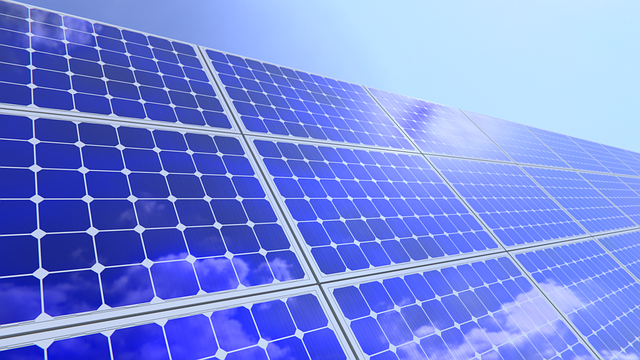KUALA LUMPUR (May 26): There is potential for Malaysia to achieve or even exceed its long-term renewable energy (RE) target helped by a stronger push for energy transition from energy users, said Tenaga Nasional Bhd (TNB).
This, TNB noted, includes its plan to raise the group’s global RE capacity to 8.3 gigawatt (GW) by 2025 from 3.4GW at end-2021, and Malaysia’s RE generation of 18GW by 2035 from 8.45GW currently.
“In the past few years, the push for energy transition has become much stronger. As we look at plans coming up for the nation and TNB, it will be interesting to perhaps even see some of the plans [move] forward faster,” said TNB sustainability pathway project director Dr Noor Miza Razali.
Speaking at a Thursday (May 26) briefing on TNB’s sustainability pathway, Dr Noor Miza explained that the RE generation mix could be further enabled due to declining cost of operations compared to volatile prices of traditional fuel sources like coal.
“Having the capacity there is one [matter], but the other [factor influencing the generation mix] is the actual cost of operations,” she said.
While prices of RE-related equipment had risen its record lows in recent years, the swing is limited due to absence of fuel costs, she explained.
“It is not only the right time to be venturing into [RE considering the fossil fuel price fluctuations], this market is expanding and getting a lot of support [from regulators and investors].”
In the Malaysian market, Dr Noor Miza said the TNB group had 100MW worth of solar capacity that it owns on the rooftops of customers who purchase the RE via long-term agreements. This excludes rooftop solar assets which are owned by the building owners themselves.
TNB is also looking at new technologies in the energy space, she said, including energy storage, as well as a virtual power plant which digitally manages rooftop RE capacity scattered across multiple locations.
TNB in late 2021 formed its new energy division to further expand its RE portfolio and set up strategic partnerships with leading RE players to leverage their technical expertise. It streamlines its RE expansion across two entities, namely Vantage Renewable Energy focusing on the UK and Europe, as well as TNB Renewables Sdn Bhd focusing on Malaysia and the ASEAN markets, namely Vietnam, Thailand and the Philippines
When asked to comment on the viability of RE exports from Malaysia, Dr Noor Miza said that any interconnection will be good for power systems.
“We have agreements to import and export power to our neighbours within the ASEAN framework, including hydro from Laos, and exports to Singapore.
“Sarawak has its interconnection with Indonesia, and Sabah is very close to the Philippines. The ASEAN power grid would be very important both in terms of sustainability and energy adequacy,” she noted.
She said whether building additional RE capacity and exporting now is the right thing to do will depend on the government’s objective.
The energy minister reportedly said in March that the government does not export the renewable energy it produces, but instead uses it to attract more investors to the country.
Singapore is seeking to import 4GW of RE by 2035, with the request for proposal for the first 1.2GW deadline set for June 14, 2022, according to its Energy Market Authority.
Some have argued that Malaysia’s untapped RE capacity far exceeds domestic demand, and that building RE export capacity provides another growth area for Malaysia’s green economy.
Source : The Edge Market
May 31, 2022













